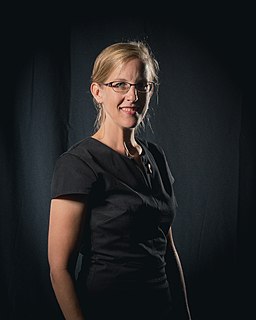A Quote by Paulo Coelho
I want to be a writer, not an engineer who writes books.
Related Quotes
The people who review my books, generally, are kind of youngish culture writers who aspire to write books. When someone writes a book review, they obviously already self-identify as a writer. I mean, they are. They're writers, they're critics, and they're writing about a book about a writer who's a critic. So I think it's really hard for people to distance themselves from what they're criticizing.
If you're somebody who writes songs or writes fiction, a writer that people pay for your opinion in any way, you shouldn't be the least bit uncomfortable giving it to them. People want songwriters to tell them how they think and how they feel. That's what a song is. That's what I want to hear in a song.
The writer trusts nothing she writes-it should be too reckless and alive for that, it should be beautiful and menacing and slightly out of control. . . . Good writing . . . explodes in the reader's face. Whenever the writer writes, it's always three or four or five o'clock in the morning in her head.
One wouldn't want to say that what makes a good writer is the number of books that the writer wrote because you could write a whole number of bad books. Books that don't work, mediocre books, or there's a whole bunch of people in the pulp tradition who have done that. They just wrote... and actually they didn't write a whole bunch of books, they just wrote one book many times.




































